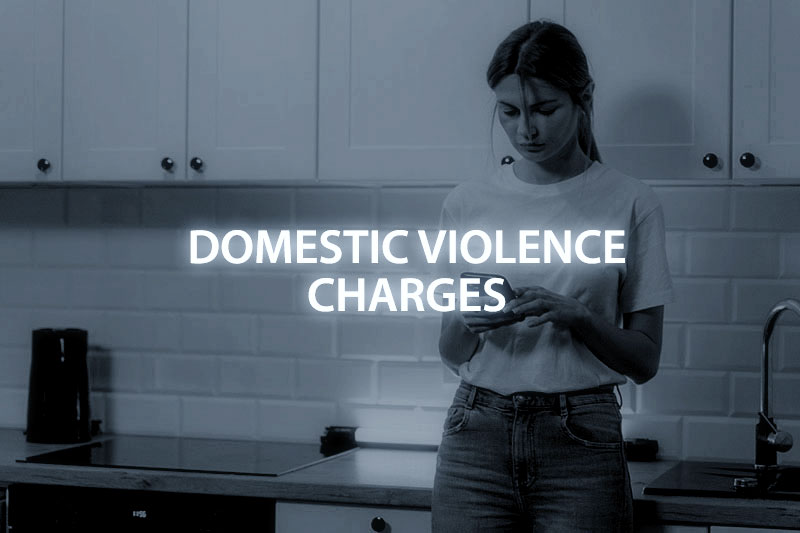In the realm of family law, protection orders are critical in safeguarding individuals from harm or harassment. One such protective measure is the Domestic Violence Restraining Order (DVRO), a powerful legal tool designed to prevent further abuse or violence in domestic situations. This comprehensive guide seeks to demystify DVROs, explaining what they are, who they protect, and the legal process involved in obtaining one. Moreover, we’ll delve into the different types of DVROs—emergency, temporary, and permanent—and their respective implications.
What is a DVRO?
A Domestic Violence Restraining Order (DVRO) is a court order that aims to protect individuals from abuse or threats of abuse from a family member or intimate partner. Abuse, in this context, isn’t limited to physical harm but extends to sexual assault, stalking, harassment, or any behavior that could reasonably be construed as intending to control or intimidate the victim.
Who Does a DVRO Protect?
DVROs primarily protect individuals who have a close relationship with their abuser, such as:
- Spouses or former spouses
- Domestic partners
- Current or ex-dating relationships
- Co-parents
- Relatives by blood, marriage, or adoption within a certain degree
This protective order is designed to safeguard victims and, in some cases, their children, from further harm or harassment.
The Legal Process
Obtaining a DVRO involves several legal steps, often starting with the victim (the petitioner) filing a request at their local family court. The process generally includes:
- Filing a Petition: The victim fills out forms detailing the abuse and requests protection. Legal documentation and evidence supporting the claim of abuse can strengthen the case.
- Temporary (Ex Parte) Orders: If the judge believes the petitioner is in immediate danger, they may issue a temporary DVRO, effective until the formal court hearing.
- Court Hearing: Both the petitioner and the respondent (the accused abuser) will have the opportunity to present their case, evidence, and witness testimonies. Attorneys can represent either party.
- Issuance of a Permanent DVRO: Based on the evidence and circumstances presented, the judge decides whether to grant a permanent DVRO, outlining specific restrictions and protections.
Types of DVROs and Their Implications
Emergency Protective Orders (EPOs)
Issued by law enforcement officers in response to immediate threats of domestic violence, EPOs are temporary and usually last for a week. They provide immediate, short-term protection and allow the victim time to petition for a longer-term solution.
Temporary Restraining Orders (TROs)
Granted when the petitioner files for protection, TROs last until the court hearing for the permanent DVRO, usually within 20-25 days. They’re designed to offer protection in the interim period before a full court examination of the case.
Permanent Restraining Orders (PROs)
Issued after a court hearing, PROs can last up to five years and can be renewed. These orders offer long-term protection and can include various conditions, such as no contact and stay-away orders, custody and visitation directives, and requirements that the abuser attends counseling programs.
Implications and Enforcement
Violating a DVRO carries significant legal repercussions, including criminal charges. Besides direct protection, DVROs can influence custody and visitation rights, require the abuser to surrender firearms, and mandate participation in intervention programs.
DVROs serve as a vital mechanism in the fight against domestic violence, offering varying degrees of protection to ensure the safety of those in vulnerable positions. Understanding the types of DVROs and the legal processes involved is crucial for victims seeking relief and protection under the law.
If you or someone you know is experiencing domestic violence, it’s important to reach out to local resources for help and to consider legal protection options like a DVRO. Remember, you’re not alone, and help is available.
Personal Injury & Criminal Defense Services Available Throughout
Greater Sacramento, Yolo, Placer, and Solano Counties
Antelope, Arden-Arcade, Auburn, Benicia, Carmichael, Citrus Heights, Davis, Dixon, Elk Grove, Fairfield, Fair Oaks, Folsom, Galt, Gold River, Granite Bay, Iselton, Lincoln, Loomis, North Highlands, Orangevale, Rancho Cordova, Rio Linda, Rio Vista, Roseville, Rocklin, Sacramento, Suisun City, Vacaville, Vallejo, West Sacramento, Winters, Woodland

